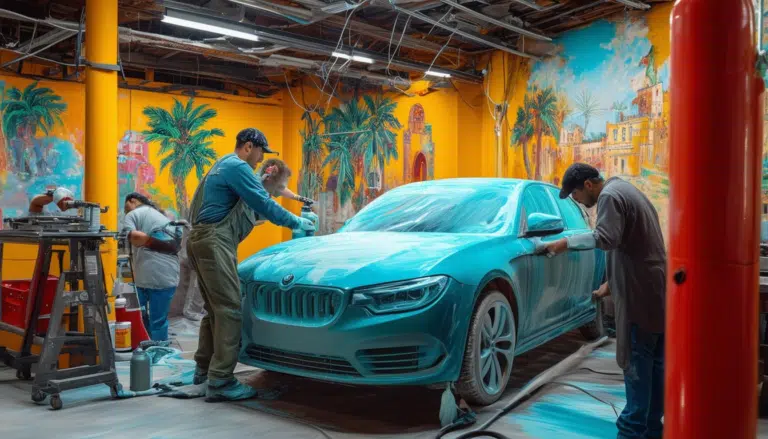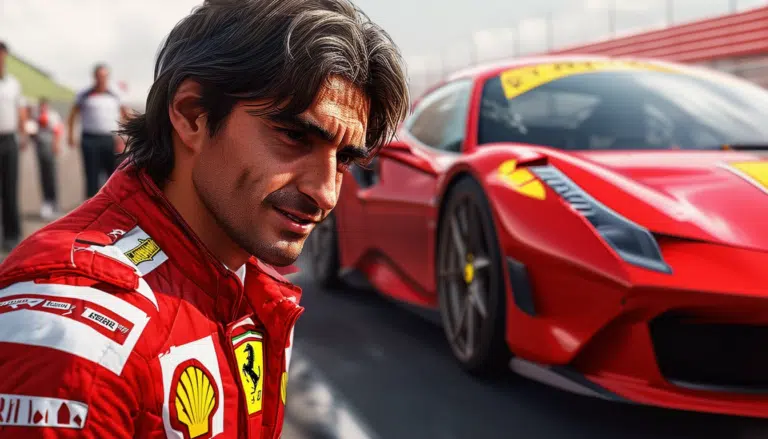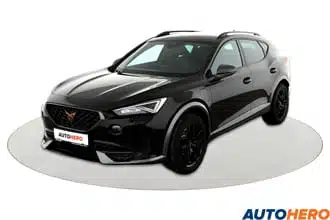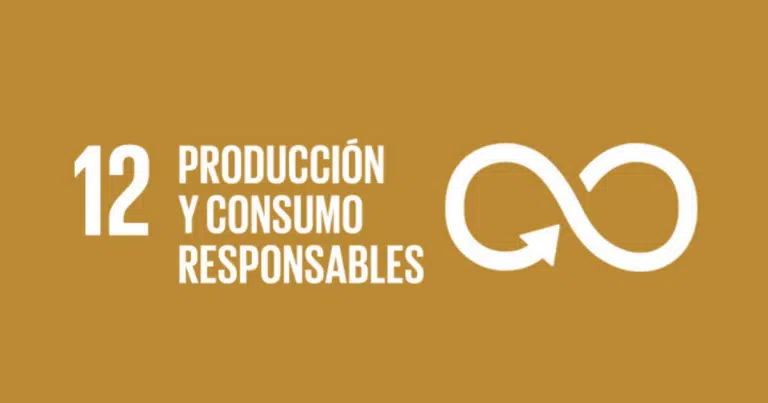Ditch diesel and embrace electric: five vehicles that have transformed their diesel engine into a hybrid system
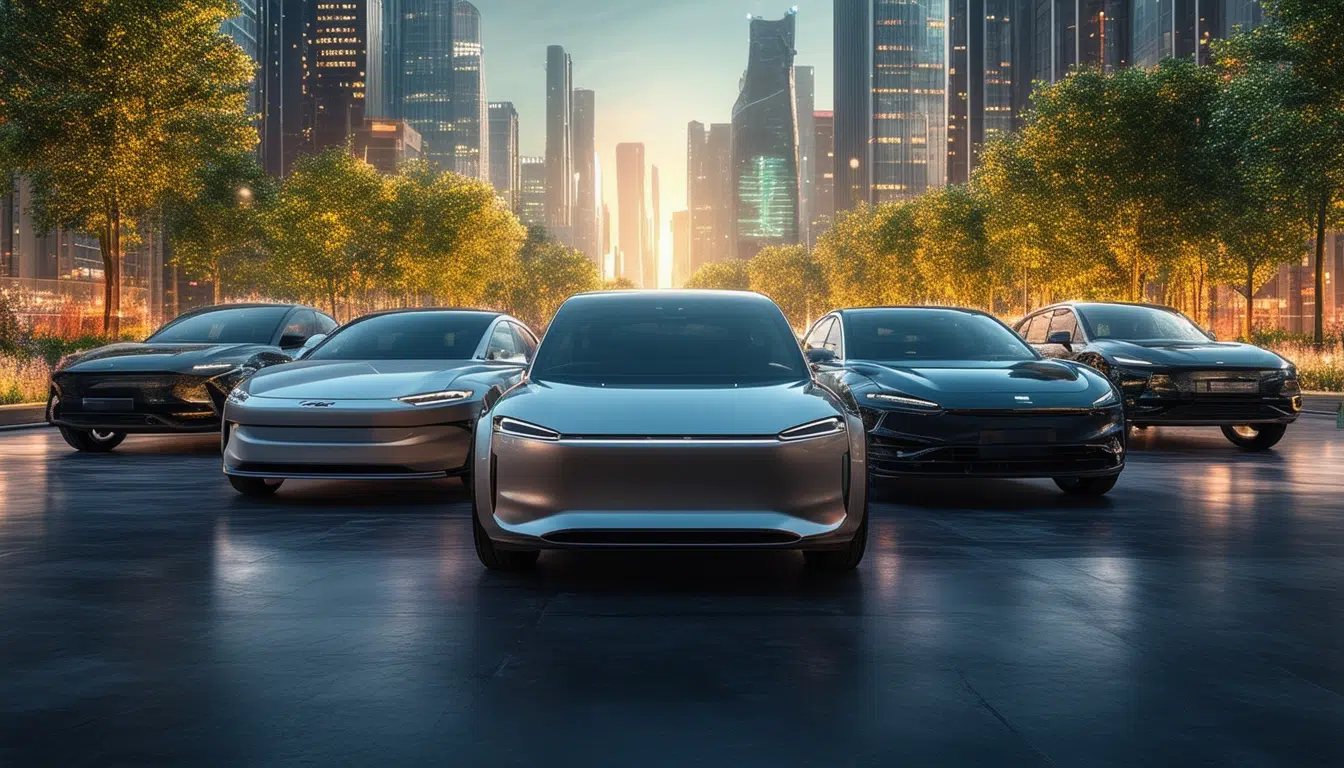
The reduction of the supply of diesel cars and the rise of hybrid technology have significantly changed the automotive landscape. In response to this trend towards more sustainable mobility, several manufacturers have decided to replace their traditional diesel engines with more efficient and environmentally friendly hybrid systems. In this context, five iconic vehicles have adopted hybrid engines, thus marking a step forward in the evolution towards an electrified automotive future.
With the decline in popularity of the diesel engine, several brands have opted to offer more sustainable alternatives in their catalogs. In this article, we will explore five vehicles that have made the transition from diesel engines to hybrids, demonstrating how market trends and consumer preferences are evolving towards a more electrified future.
Citroën C4: A new era for the French compact
The Citroën C4 has been one of the first models to abandon diesel. Previously equipped with a 131 hp diesel engine, the new Citroën C4 now offers micro-hybrid gasoline engines of 101 or 136 hp, as well as a fully electric version. This transformation reflects the French brand’s commitment to reducing emissions and increasing energy efficiency in its models.
Hyundai i30: Quality and efficiency in one package
Hyundai has reimagined its i30 model by eliminating diesel options from its engine range. Previously, the model included 1.6 CRDi engines with 116 and 136 hp. Today, the Hyundai i30 is only available with gasoline engines, some of which have been electrified to meet the needs of the modern consumer. Thanks to its innovative approach, the Hyundai i30 remains one of the leaders in value for money.
Mazda3: Innovation without compromising performance
In a unique move within its segment, Mazda has chosen to eliminate the 2.2-liter 116 hp diesel engine from its Mazda3. Now, drivers can choose between 2.0-liter gasoline engines, with power outputs of 122 and 150 hp, all of which are electrified. Mazda continues to bet on efficiency without sacrificing performance, a philosophy that is reflected in its current engine options.
Dacia Duster: Renewal and adaptability
The Dacia Duster, one of the market favorites for its robustness and accessible price, has updated its third generation by eliminating diesel versions and adding engines that can run on LPG and hybrids. This decision underscores Dacia’s flexibility and adaptability, responding to the demands of a market increasingly inclined towards less polluting propulsion options.
Kia Ceed: Versatility and modernity
Kia, known for its capacity for innovation, has decided to remove the diesel option from its Ceed model in favor of hybrid engines. It previously featured a 136 hp diesel engine, which included mild hybridization before being discontinued. Instead, Kia now offers gasoline engines with and without hybridization, as well as a plug-in hybrid, showcasing a clear commitment to a sustainable energy future.
Reflection on the transition towards a hybrid future
The trend of migrating from diesel engines to hybrid solutions not only responds to environmental considerations but also to the growing demand for more efficient and economical vehicles. For more information on how these technologies can help reduce fuel expenses, visit this page. Additionally, if you are interested in transforming your diesel engine into a hybrid, discover the innovative solutions available here.
In the current landscape, hybrid and electric cars are not only a reality but are gradually becoming the preferred option for environmentally conscious consumers.
The transition towards a cleaner future
The decline of diesel has led various automotive brands to opt for cleaner and more sustainable alternatives, adopting technologies such as hybridization. This change not only responds to current environmental demands but also to a consumer trend that favors more efficient and less polluting vehicles.
Models such as the Citroën C4, the Hyundai i30, the Mazda3, the Dacia Duster, and the Kia Ceed have experienced this transition from diesel engines to hybrid systems, reflecting a commitment to reducing emissions and optimizing fuel consumption. In particular, the Citroën C4 has bet on a micro-hybrid engine, while others like the Hyundai i30 and the Mazda3 have left diesel technology behind in favor of electrified gasoline options.
The automotive market in Spain shows a clear preference for electrified vehicles. The increase in the sale of hybrid and electric cars compared to gasoline ones confirms that the energy transition is already underway. The proportion of registrations of hybrid and electric vehicles surpasses that of traditional gasoline vehicles, an unmistakable sign that consumers are willing to adopt greener and more sustainable solutions.
This transformation responds not only to emission reduction policies but also to the inherent advantages of hybrid vehicles, which combine the best of both worlds: the autonomy of conventional engines and the efficiency of electric systems. As more brands follow this path, we are likely to see an increasingly varied offering of hybrid vehicles, promoting more responsible mobility in line with the environmental needs of the present and future.
Thus, the future clearly points towards diversification in mobility, where alternatives to diesel establish themselves as the norm rather than the exception. Ultimately, the era of diesel seems to be coming to an end, paving the way for a horizon of transportation based on sustainability and energy efficiency.

